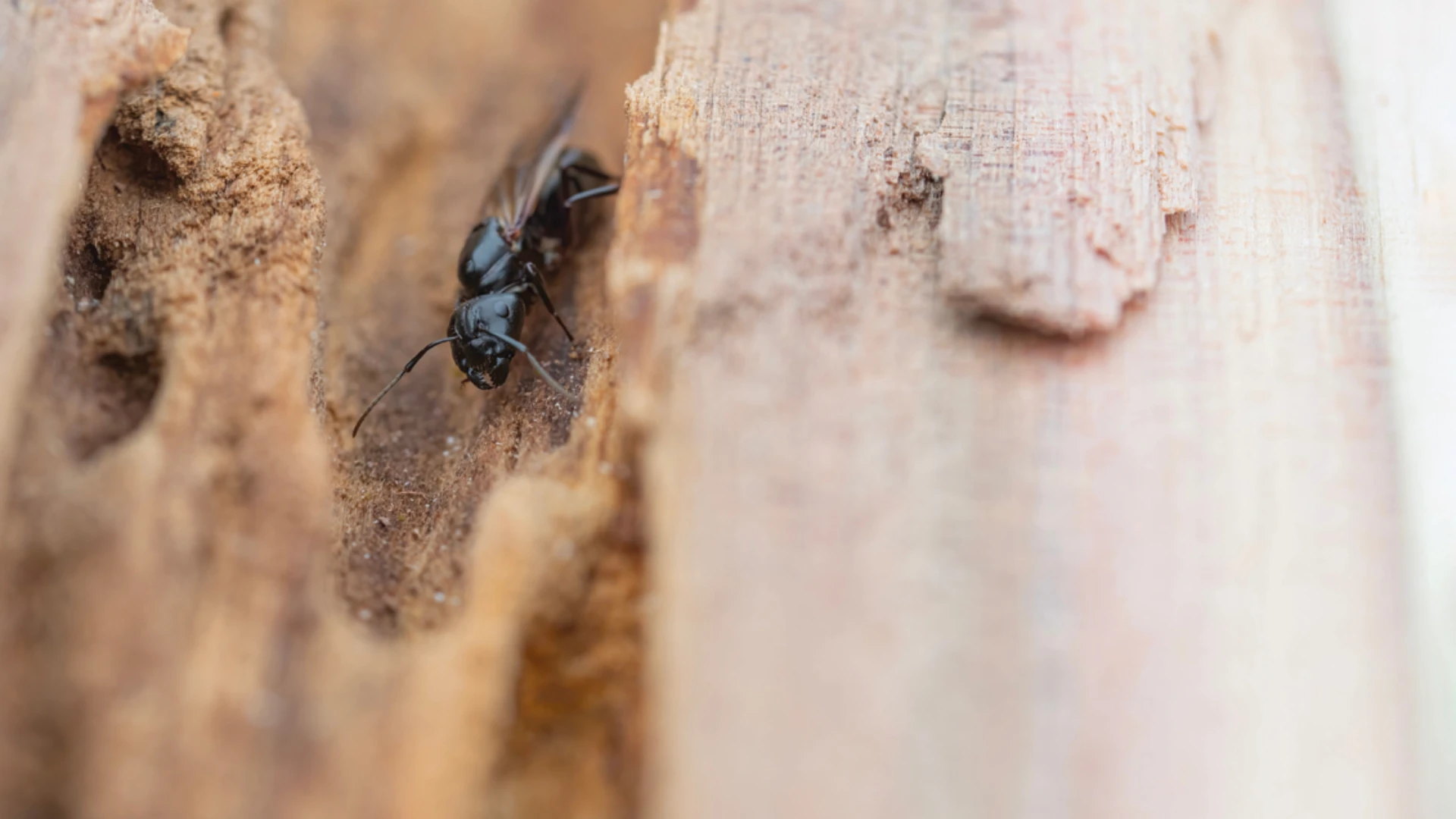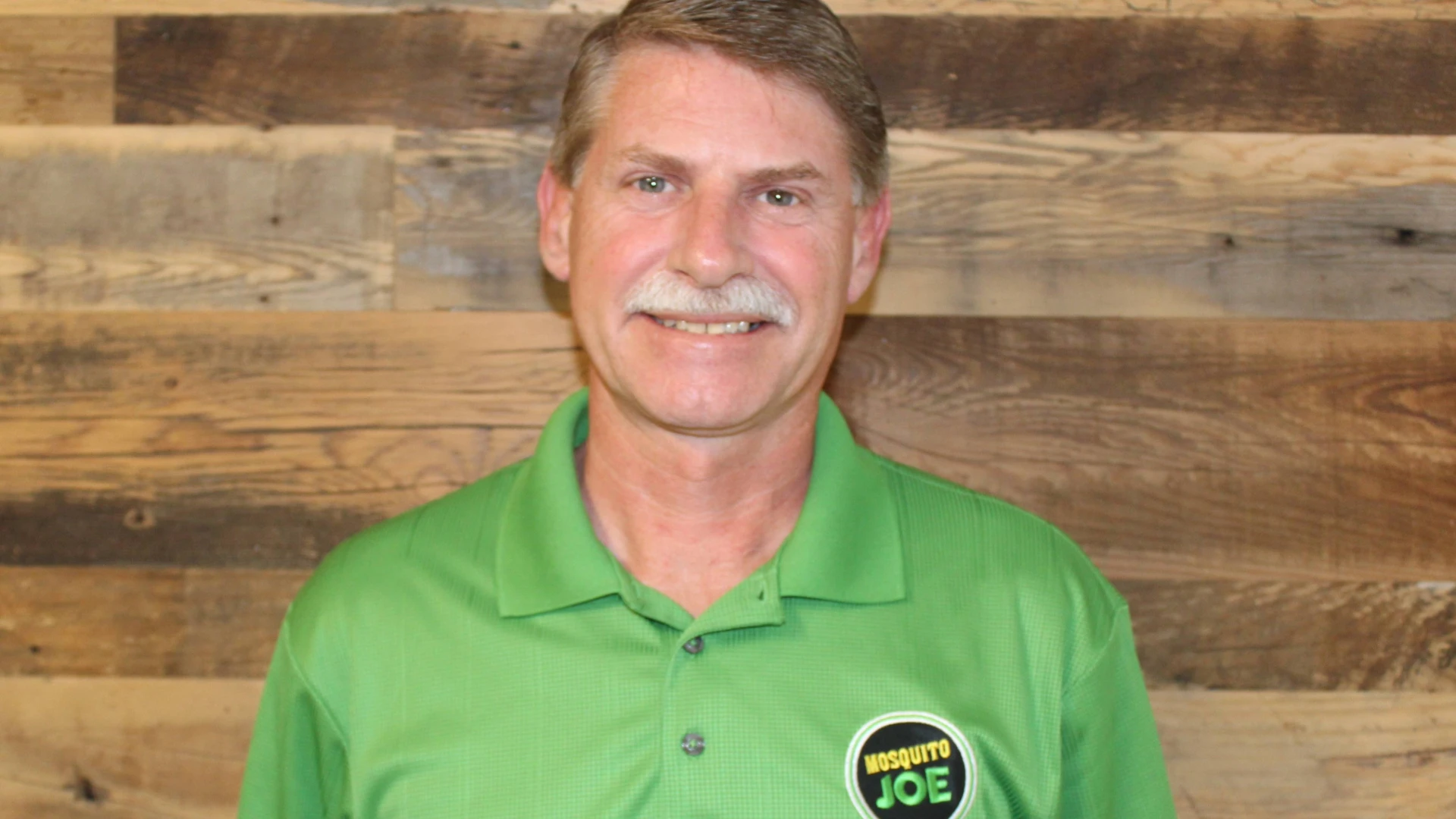
Mosquito Joe
Editor's Note: Watch the full, exclusive video interview with David Price and Digital Editor Amanda Donchatz here.
VIRGINIA BEACH, V.A. — Many parts of the U.S., like the Northeast and Midwest, have experienced warmer winters since the turn of the century, resulting in an overabundant mosquito population, according to David Price, associate certified entomologist and director of technical services at Mosquito Joe.
Price said the most significant temperature increase during that time span has happened in the last seven years.
“Mosquitoes are dependent on temperature and moisture collection, and the global temperature has increased by 2°F,” he said. “Combine that with air that becomes four percent more saturated per degree of Fahrenheit, so that provides a perfect environment for mosquitoes to proliferate.”
Price said the Northeast has received 55 percent more rain compared to the 1950s, according to the most recent national climate assessment. Mosquitoes are able to live longer and expand their range, combined with increased urbanization and expanded breeding grounds, means more people are coming into contact with mosquitoes.
In addition, some new mosquito species are touching down in the U.S. this season.
“The Aedes aegypti have aggressively taken over California and moved into Oregon,” Price said. “We’ve had two new species … The golden mosquitoes that entered Florida recently have become established and moved across the south toward Texas. The Australian backyard mosquitoes have also entered in the U.S., which came from Australia.”
Price warned the public health threat of disease-borne mosquitoes is only going to increase in the next several years.
According to a 2019 study in the journal PLOS Neglected Tropical Diseases, by 2050, disease-carrying mosquitoes will reach 500 million more people than they do today.
“Climate change has added to the [public health threat] in particular with the Aedes species that are container breeders and carry West Nile Virus,” Price said. “What’s becoming a threat is Dengue fever. Those cases are steadily increasing with traveling and brining these diseases [into the U.S.].”

While there is a public health concern, Price said there are only 12 species of mosquitoes that vector serious diseases, and most mosquitoes are actually harmless.
“It’s really about communicating [with customers] the potential that there is disease present, but you don’t have to make customers nervous about it,” he said. “You need to make them aware of what they can do to protect themselves, like staying inside in some parts of the U.S. (during certain times of the day) because the population is so large for periods of time.”
Price predicts there to be very little fluctuation in the temperature and moisture increase, continuing the rise in mosquito population and vectored diseases.
“As temperatures warm up, the snowpack melt will come down the Mississippi River and flow through in California, which is going to spark inland flood water, and there will be an explosion in mosquitoes,” Price said.
Mosquito Joe offers mosquito, tick, flea and outdoor pest control services in 39 states, predominantly along the East Coast and Midwest region.
Price said the company has steadily grown in location and revenues year-over-year for the past 10 years.
“It doesn’t matter where you live; we are going to do an inspection, identify those pollinator-friendly plants and bushes, identify those water sources and institute some mitigation,” he said.
For now, Price will continue to focus on protecting people’s health.
“It’s all about [finding] a balance and really utilizing good tools, doing your research, understanding what you’re doing, reading and following the labels,” he said.
Latest from Pest Control Technology
- CAPMA Hosts 2025 Legislative Day in Sacramento
- Grizz Pest Management Bartends for a Cause
- Rose Pest Solutions Becomes Official Pest Provider of Chicago Fire FC
- WSPMA Hosts Legislative Day at Washington State Capitol
- A-1 Pest Control Marks 59 years in Business
- Hawaii PCO Shares Regulatory Challenges, Business Impacts from Lahaina Wildfires
- 5 Tips for Reducing Waste in the Office and in the Field
- OvoControl Now Available in Chile





